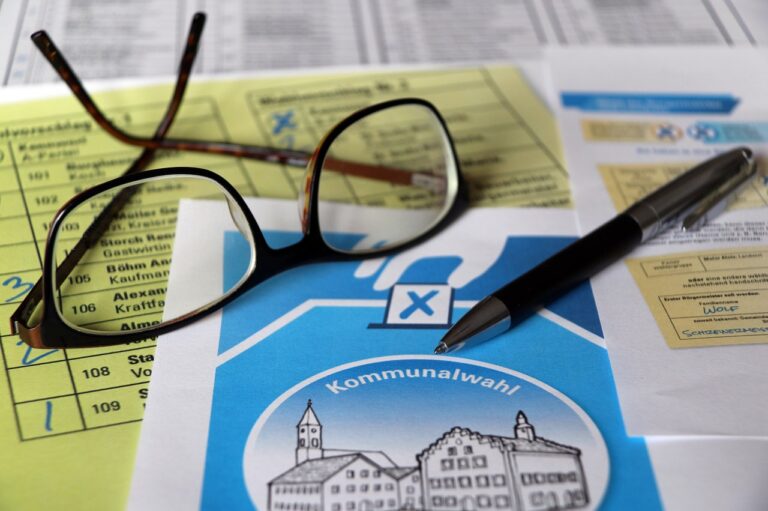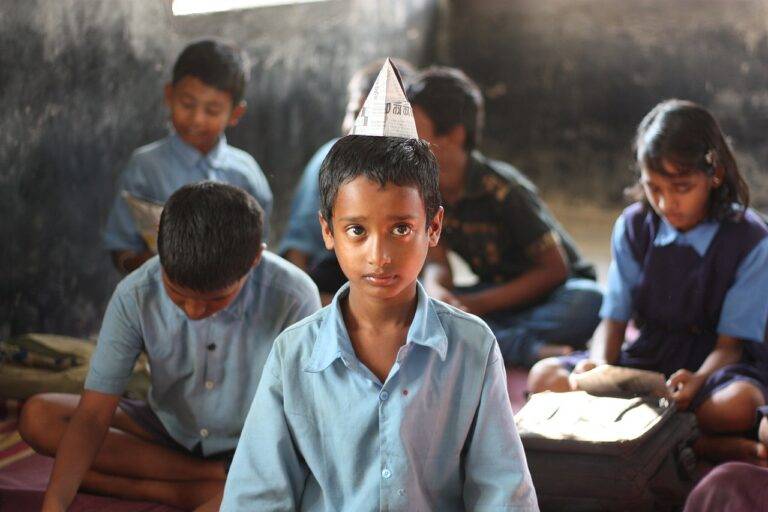Think Tanks and Their Influence on Election Policies
As elections evolve in complexity and significance, the influence of think tanks on shaping election policies is becoming increasingly pronounced. Think tanks serve as critical sources of expertise and analysis for policymakers and political candidates seeking to craft effective strategies and policies that resonate with voters. Their role in providing research, policy recommendations, and strategic advice is instrumental in shaping the direction of electoral campaigns and policy agendas.
One of the key future trends in think tanks’ influence on election policies is the growing emphasis on data-driven decision-making. In an era where big data and analytics play a central role in understanding voter behavior and preferences, think tanks are leveraging advanced tools and methodologies to provide evidence-based insights to political actors. By harnessing the power of data analytics, think tanks are able to offer nuanced and targeted policy recommendations that are tailored to specific demographic groups and electoral constituencies.
Think tanks are increasingly utilizing data-driven decision-making techniques
Advanced tools and methodologies are being used to provide evidence-based insights to political actors
Nuanced and targeted policy recommendations are tailored to specific demographic groups and electoral constituencies
What role do think tanks play in influencing election policies?
Think tanks conduct research and analysis on various policy issues and provide recommendations to policymakers, which can have a significant impact on the development of election policies.
How have think tanks traditionally influenced election policies?
Think tanks have traditionally influenced election policies by conducting research, publishing reports, and advocating for specific policy solutions that align with their ideological beliefs.
What are some emerging trends in think tanks’ influence on election policies?
Emerging trends include the use of data analytics and digital technology to target specific voter demographics, the rise of global think tanks influencing election policies across borders, and the increasing influence of social media in shaping public opinion on policy issues.
How can think tanks maintain credibility and transparency in their influence on election policies?
Think tanks can maintain credibility and transparency by clearly disclosing their funding sources, being transparent about their research methodologies, and engaging in open dialogue with policymakers and the public about their policy recommendations.
What are some potential challenges facing think tanks in influencing election policies in the future?
Challenges include increasing polarization and partisanship, the rise of misinformation and disinformation campaigns, and the need to adapt to rapidly changing technologies and communication channels.







